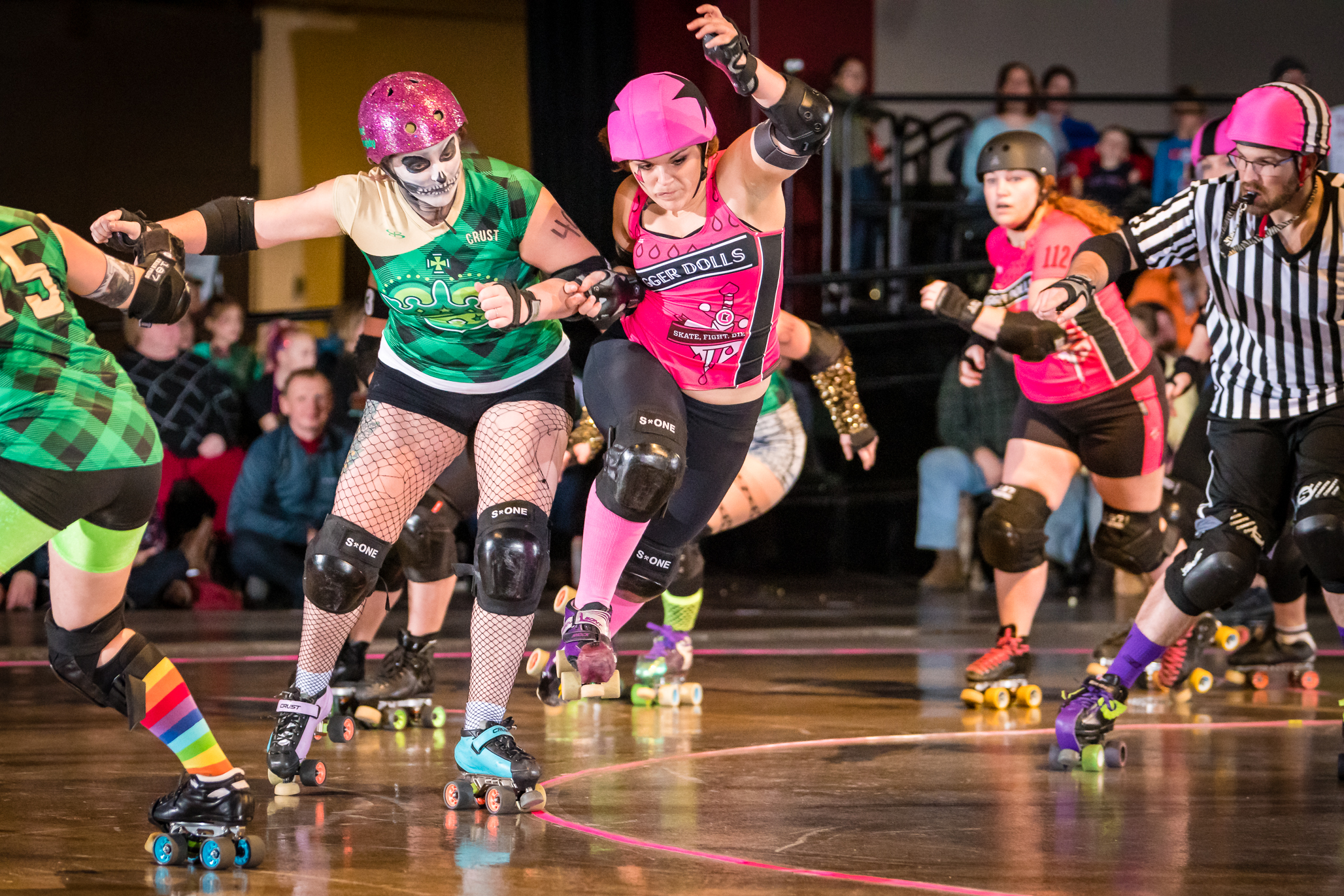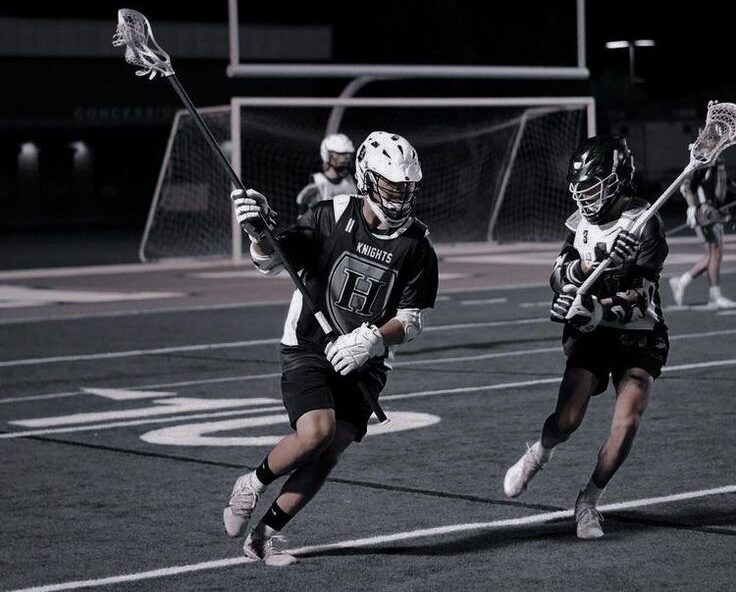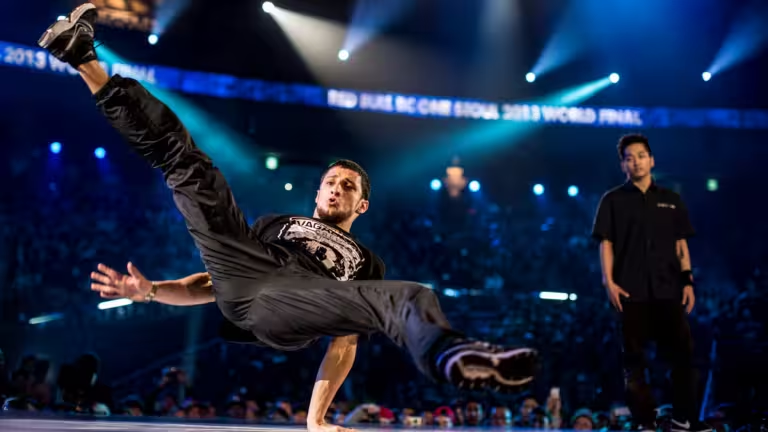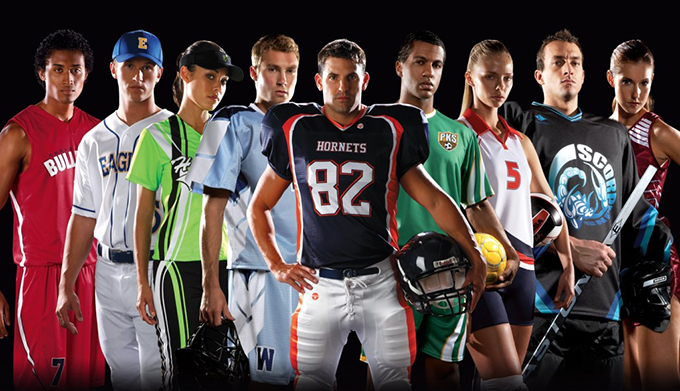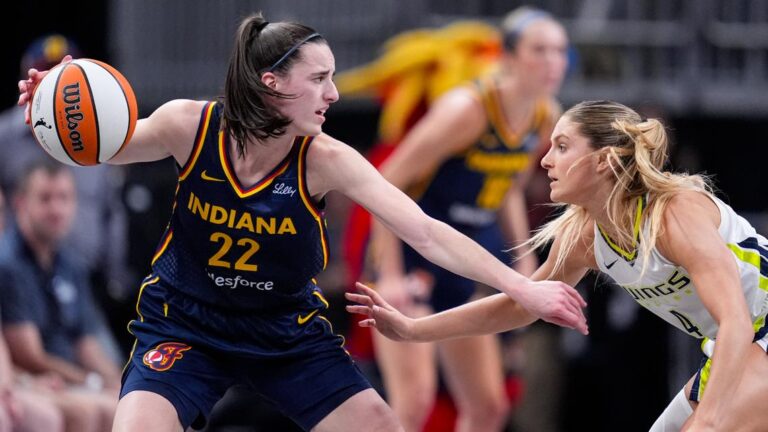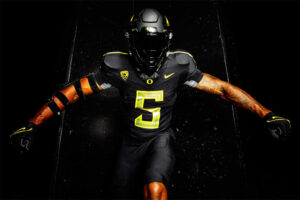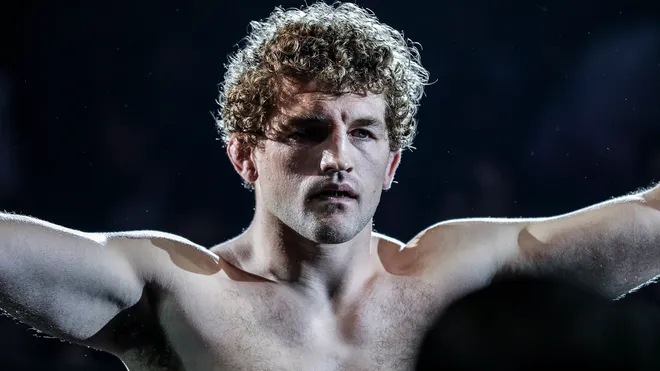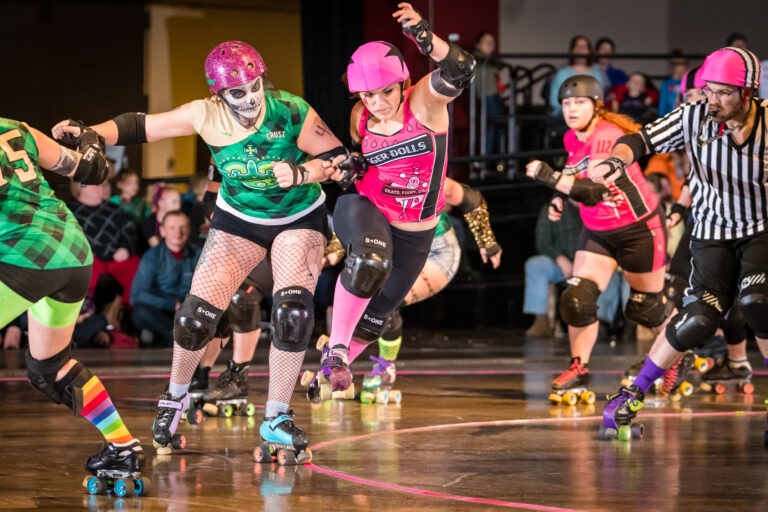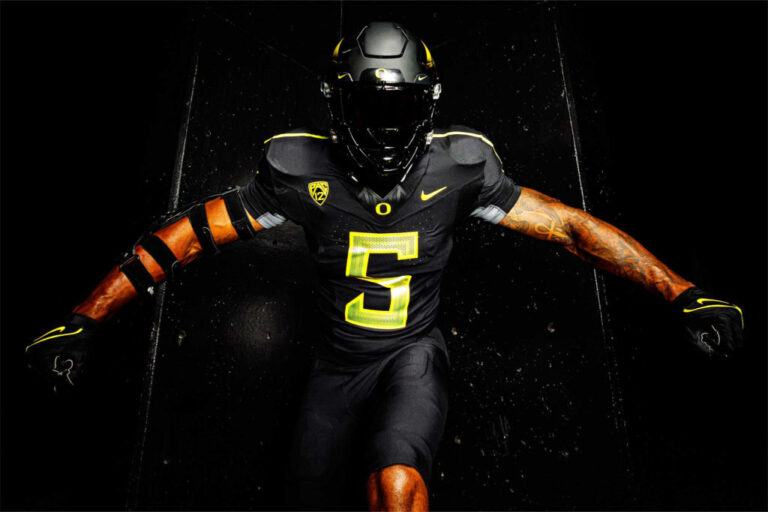A Sport Reborn
Once a spectacle of scripted theatrics akin to professional wrestling, roller derby has dramatically evolved from its mid-20th-century roots. The transformation is stark: what was once a rehearsed drama on wheels has morphed into a legitimate competitive sport, lauded for its emphasis on strategy, teamwork, and sportsmanship. This metamorphosis has not only changed the game but has also reshaped its perception in the eyes of athletes and fans alike.
The Early Days: Scripted for Entertainment
In the 1960s through the 1980s, roller derby was often viewed through the same lens as Saturday night wrestling. Matches were not just competitions; they were elaborate performances, complete with villains, heroes, and choreographed conflicts. “Back in the day, roller derby was about the show. It wasn’t uncommon for outcomes to be decided before the skaters even hit the track,” explains Jamie Smith, a roller derby historian. The emphasis was on entertainment, often at the expense of athletic integrity.
A Shift Towards Authenticity
As the new millennium approached, a significant shift occurred within the roller derby community. Leagues started to emphasize genuine competition, phasing out the scripted nature of the past. This transition wasn’t instantaneous but was driven by a growing desire among participants to be recognized as legitimate athletes. “We wanted to challenge ourselves, to push our limits and really see what we were capable of as skaters, not performers,” says Molina Morgan, a veteran skater who witnessed the evolution firsthand.
Modern Roller Derby: A Sport of Strategy and Skill
Today, modern roller derby stands as a testament to the resilience and passion of its community. Gone are the predetermined outcomes and staged scuffles, replaced by a fast-paced game that demands physical prowess, quick thinking, and cohesive teamwork. “Roller derby today is about strategy and sportsmanship. It’s about working together with your team to outsmart and outplay the opposition,” states Morgan.
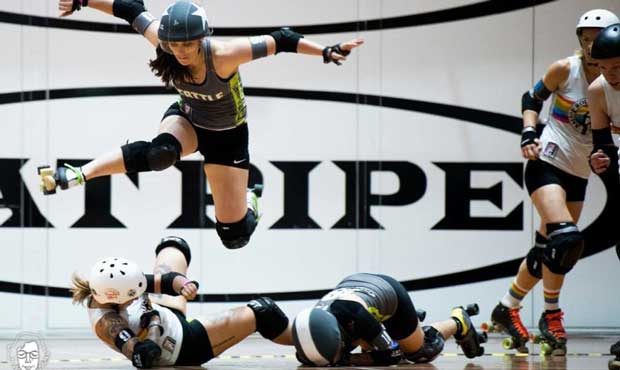
The Role of Strategy and Teamwork
In contemporary roller derby, the game’s depth is evident in the intricate strategies employed by teams. Positioning, pack dynamics, and jammer tactics play critical roles in the outcome of a bout. The sport has developed its own unique lexicon to describe these maneuvers, a sign of its complexity and the serious approach taken by its athletes.
Sportsmanship and Community
Perhaps the most significant change in roller derby is the emphasis on sportsmanship and community. The sport fosters an inclusive environment where respect for opponents, officials, and teammates is paramount. “It’s not just about winning. It’s about how you play the game, how you treat others, and the community you build,” reflects Taylor Johnson, a coach and former player.
A Sport Transformed
Roller derby’s transformation from scripted entertainment to a legitimate sport is a unique narrative in the world of athletics. It underscores the power of community and the desire for genuine competition. As roller derby continues to grow and evolve, its story remains a compelling example of how sports can adapt and thrive, reflecting the changing values and aspirations of their participants.

